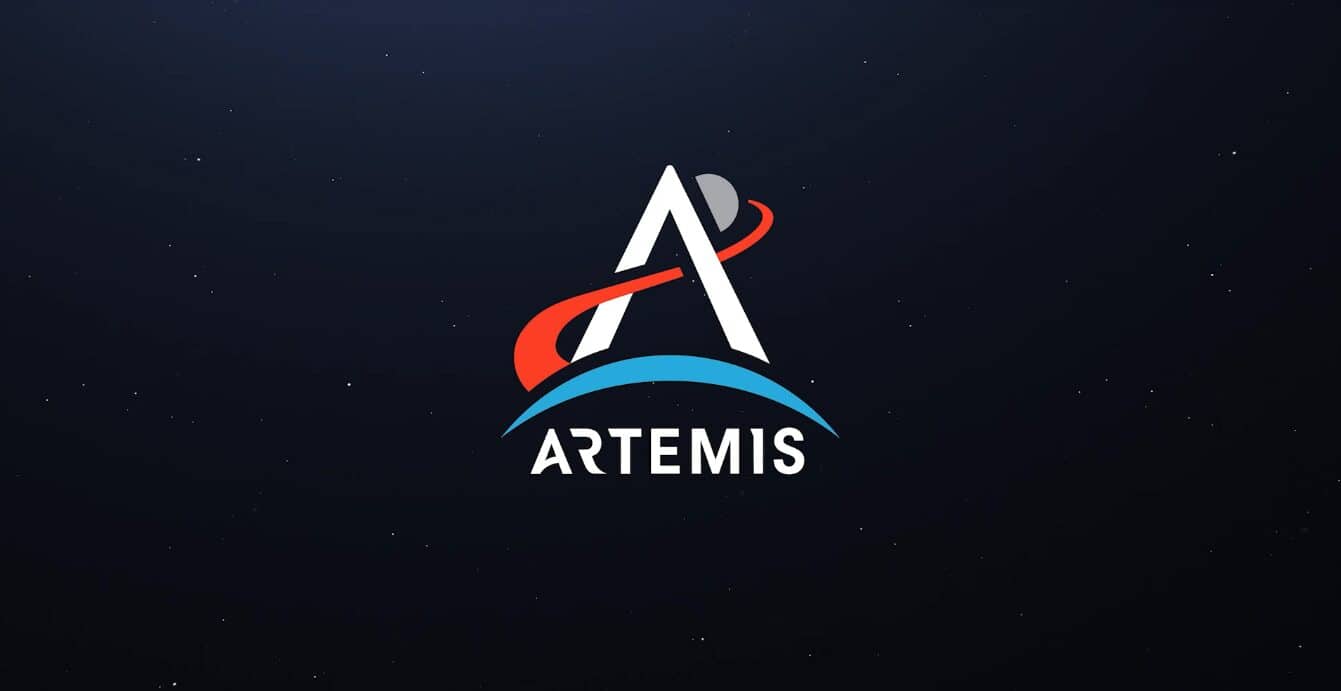Artemis I: What does it mean for us?
4 min. read
Published on
Read our disclosure page to find out how can you help MSPoweruser sustain the editorial team Read more

On Monday, the Artemis Program will have its first mission, the Artemis I. It is an uncrewed mission, but the excitement surrounding it can be sensed in the air wherever you are. It will mark some of the world’s firsts, including launching the first woman and first person of color on the Moon. The mission of the modern century also means bringing better and more powerful tech creations into space. But, perhaps, the mission is more than that.

The countdown of the Artemis I mission will start tomorrow, August 27, 10:23 a.m. EDT (1423 GMT), and by Monday, the world will witness another historical space moment after since the Apollo 17 mission in 1972. NASA’s Space Launch System (SLS) megarocket carrying the uncrewed Orion capsule will lift off from Florida’s Kennedy Space Center at 8:33 a.m. EDT (1233 GMT). For those who won’t be able to witness it on beaches along the space coast, there will be live launch coverage (full launch coverage will begin at 6:30 a.m. EDT) on the NASA app, NASA website, or NASA TV. The agency also has a dedicated YouTube channel you can visit to watch the event on Monday.
Artemis I mission will give Orion six weeks in space before returning to Earth in a splashdown in the Pacific Ocean on October 10. And although the capsule won’t be manned by a space crew physically, it will commence further missions of the Artemis Program: Artemis II and Artemis III. According to NASA, the second mission will bring astronauts to lunar orbit in 2024, while the third will bring humanity back to the Moon’s surface in 2025 or 2026. So, what makes it different from the Apollo Mission? NASA plans to use Artemis I as a stepping stone to land Mars… and beyond.
Artemis I will collect data that will be beneficial not just for the next Artemis missions but also for other exploration projects in the future. Aside from the Orion capsule, SLS will deploy shoebox-sized satellites called CubeSats, which will perform different tasks helping deep space studies, like searching for water ice on the Moon that could soon be used to sustain astronauts and even produce rocket fuel.

Soon, NASA intends to construct a permanent base on the Moon and establish the lunar Gateway orbiting station. The launch of the key parts that will be used for building the station is expected no sooner than November 2024, and once ready, it will be a launch point for future crewed missions to deep space, including future Mars missions. Gateway will also open doors for NASA and other space agencies to observe the effect of long-term deep space missions and microgravity on the human body.
All of these plans promise a future filled with possibilities for humanity, and to make it possible, Artemis I has a very essential role to play. If successful, the first Artemis mission will mean a more aggressive pursuit of humans of the objects and mysteries scattered everywhere in space.
The Apollo Mission was a satisfying moment for us as it proved human capabilities to explore other places in space. But Artemis Mission is aiming more than that: it is finding a way to bring us beyond the Moon or Mars. Artemis Program is no longer talking about going from Point A to Point B. We are finally concretely pushing for further points to go deeper into the vastness of the space. Apparently, it will still be a long journey for NASA and other space agencies to get to that moment. It will probably take decades, but the start of Artemis missions translates into opening a new era that will allow us to literally and physically look for places other than Earth.
Don’t get me wrong. Earth is a beautiful planet, and I believe that taking care of it should still be our primary priority. But the universe is out there, waiting to be explored. Earth is not a box that is supposed to be man’s only haven. As Joseph Cooper’s words in the blockbuster Interstellar movie, we are “explorers.” What is if it’s true? What if it has always been humanity’s fate to go beyond the Solar System? What if we’re just entities who, all this time, are expected to escape a box? The universe is there for a reason, and no one is telling us to stay in one place. Yes, there will be hindrances and perils along the way while in space, but what if they are just some of the puzzles we have to solve to discover more of the universe? Artemis Program will soon prove that.









User forum
0 messages